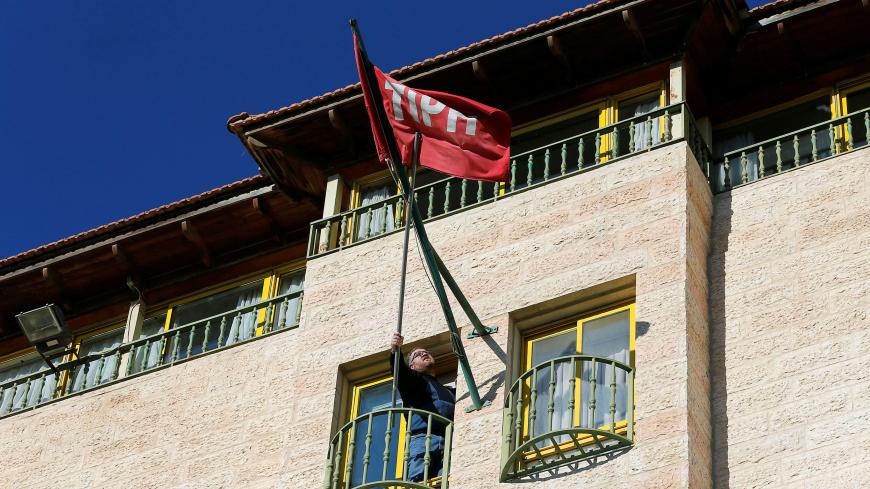Prime Minister Benjamin Netanyahu surprised everyone Jan. 29 by announcing that he had decided not to extend the mandate of the multinational observer force in Hebron. The force was established in the wake of Baruch Goldstein’s massacre of Muslim worshippers in the Cave of the Patriarchs in February 1994, and after the United Nations Security Council demanded that an international force be stationed in Hebron to monitor events in the most volatile city in the West Bank. The force was first stationed there in May 1994, but it was forced to leave that August, after Israel and the Palestinian Authority under Yasser Arafat could not reach an agreement on what troops would constitute the force and what its precise mandate would be. It returned to the city after the signing of the Hebron Accords in 1997 by then-Prime Minister Benjamin Netanyahu and Palestinian leader Arafat.
The Temporary International Presence in Hebron (TIPH) now consists of several dozen unarmed observers from Norway, Italy, Sweden, Switzerland and Turkey. They are tasked with documenting events on the ground and writing situation reports, but these have had no real impact on the town. In fact, most reports written by TIPH get very little attention.



